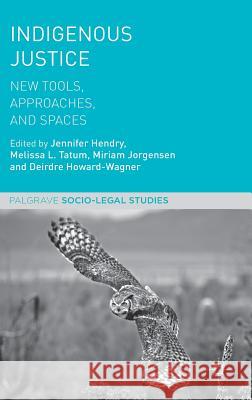Indigenous Justice: New Tools, Approaches, and Spaces » książka
topmenu
Indigenous Justice: New Tools, Approaches, and Spaces
ISBN-13: 9781137606440 / Angielski / Twarda / 2018 / 232 str.
Kategorie:
Kategorie BISAC:
Wydawca:
Palgrave MacMillan
Seria wydawnicza:
Język:
Angielski
ISBN-13:
9781137606440
Rok wydania:
2018
Wydanie:
2018
Numer serii:
000809663
Ilość stron:
232
Waga:
0.52 kg
Wymiary:
23.39 x 15.6 x 1.6
Oprawa:
Twarda
Wolumenów:
01
Dodatkowe informacje:
Wydanie ilustrowane











